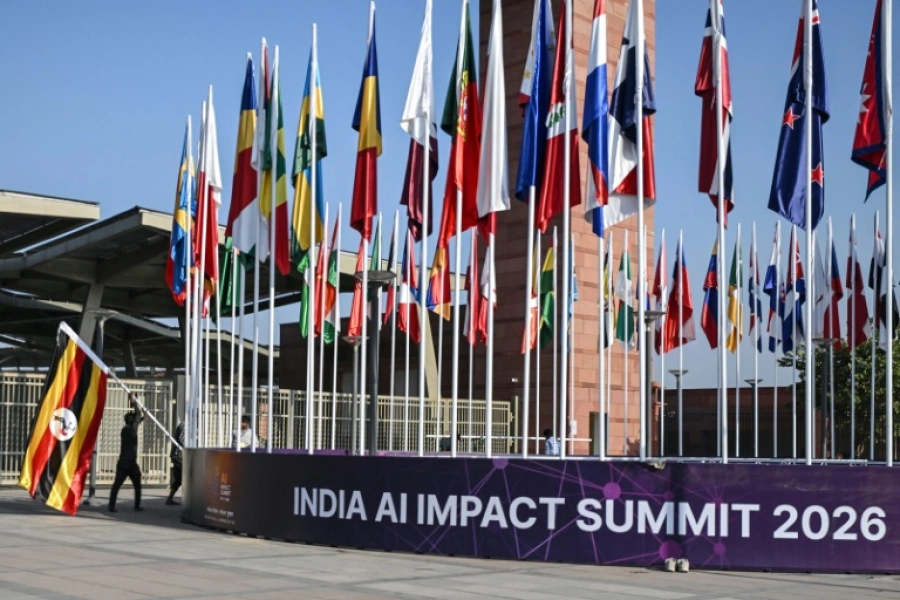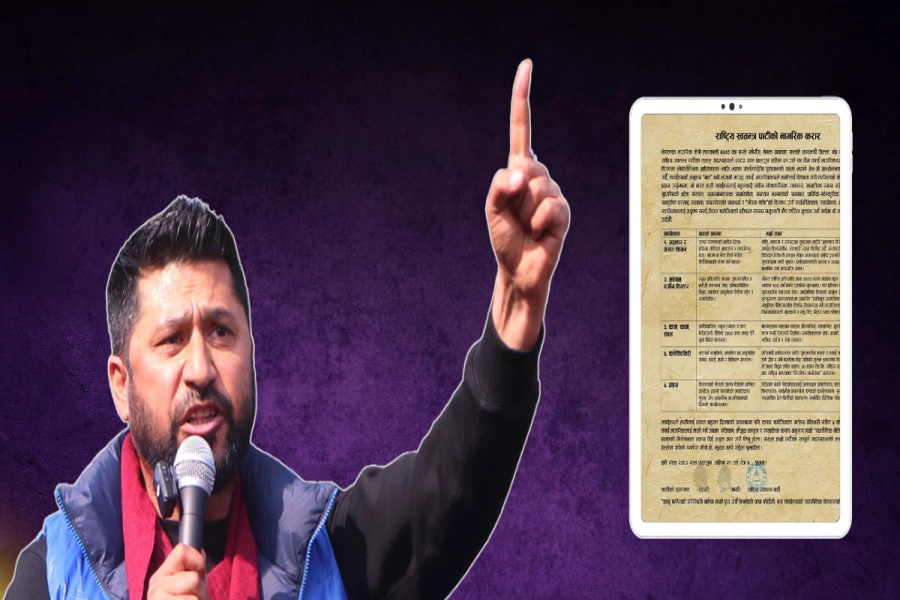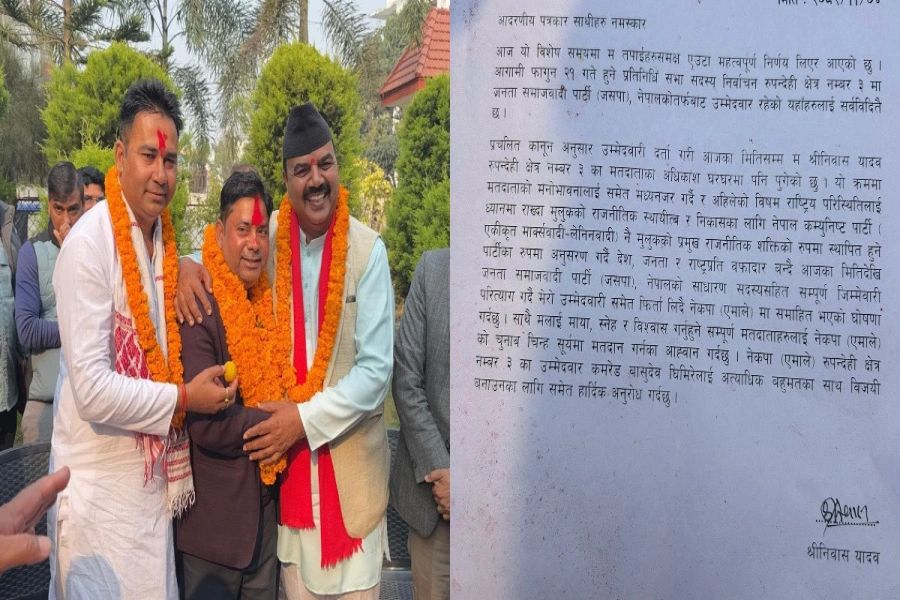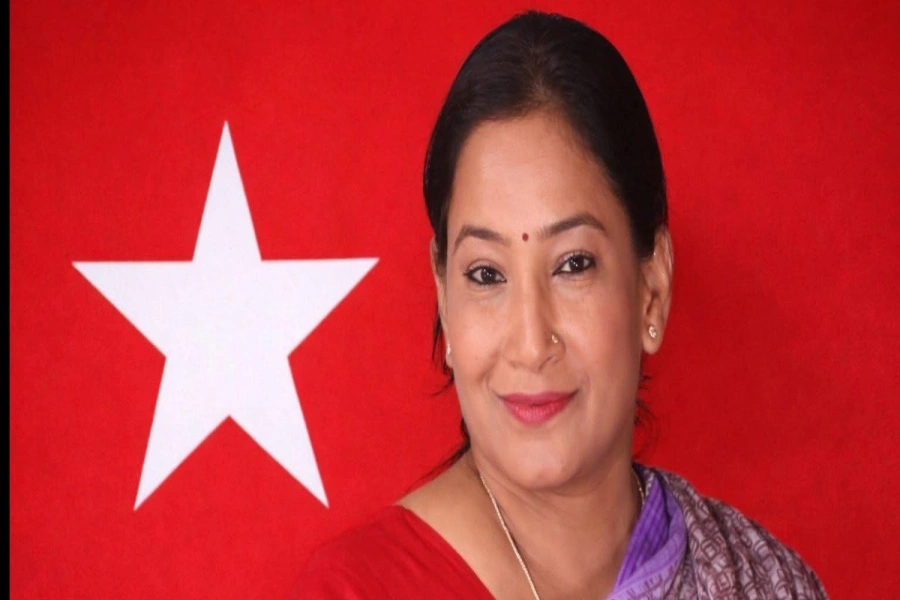In 1999, Bill Gates made 15 bold predictions in his book titled "Business @ the Speed of Thought" which at the time was outrageous.
The 15 predictions Gates made nearly 20 years ago and how close they've come to be true.
1: Price-comparison sites.
Gates' prediction: "Automated price comparison services will be developed, allowing people to see prices across multiple websites, making it effortless to find the cheapest product for all industries."
What we see now: You can easily search for a product on Google or Amazon and get different prices. Sites like NexTag and PriceGrabber are built specifically to compare prices.
2: Mobile devices.
Gates' prediction: "People will carry around small devices that allow them to constantly stay in touch and do electronic business from wherever they are. They will be able to check the news, see flights they have booked, get information from financial markets, and do just about anything else on these devices."
What we see now: Smartphones, and now smart watches, do all of this.
3: Instant payments and financing online, and better healthcare through the web
Gates' prediction: "People will pay their bills, take care of their finances, and communicate with their doctors over the internet."
What we see now: Tech hasn't been able to change healthcare the way Uber changed transportation, but sites like ZocDoc aim to make finding a doctor and scheduling easier. Startups like One Medical and Forward are trying to change what the doctor's office is like by offering monthly memberships for online and data-driven healthcare.
You can also now borrow money online through sites like Lending Club and easily make payments through sites and apps like PayPal and Venmo.
4: Personal assistants and the internet of things.
Gates' prediction: "'Personal companions' will be developed. They will connect and sync all your devices in a smart way, whether they are at home or in the office, and allow them to exchange data. The device will check your email or notifications, and present the information that you need. When you go to the store, you can tell it what recipes you want to prepare, and it will generate a list of ingredients that you need to pick up. It will inform all the devices that you use of your purchases and schedule, allowing them to automatically adjust to what you're doing."
Bill Gates announces plan to give ‘virtually all’ his money awa...

What we see now: Google Now, a smart assistant that runs on mobile devices, is starting to head in this direction. Meanwhile, smart devices like Nest collect data on your daily routines and automatically adjust your house's temperature.
There's also a wave of voice-controlled devices, like Amazon's Echo and the Google Home, that you can ask to read your email to you or guide you through recipes as you cook.
5: Online home-monitoring.
Gates' prediction: "Constant video feeds of your house will become common, which inform you when somebody visits while you are not home."
What we see now: Google bought Dropcam, the maker of a home-surveillance camera, for $555 million in 2014. But that was just the beginning — Ring makes a smart doorbell camera that can let you see who is at your door. There are even cameras like the PetCube that let you control a laser so you can play with your pets while you're away.
No. 6: Social media.
Gates' prediction: "Private websites for your friends and family will be common, allowing you to chat and plan for events."
What we see now: Two billion people already use Facebook to see what their friends are doing and plan events. There's also Snapchat, Instagram, WhatsApp, and Facebook Messenger alongside an explosion of other smaller social networks that more than cover this prediction.
7: Automated promotional offers.
Gates' prediction: "Software that knows when you've booked a trip and uses that information to suggest activities at the local destination. It suggests activities, discounts, offers, and cheaper prices for all the things that you want to take part in."
What we see now: Travel sites like Expedia and Kayak offer deals based on a user's past purchase data. Google and Facebook can offer promotional ads based on the user's location and interests. Airbnb, which lets people stay in homes rather than hotels, started to offer specialized trips at destinations so you can live like a local, too.
8: Live sports discussion sites.
Gates' prediction: "While watching a sports competition on television, services will allow you to discuss what is going on live, and enter a contest where you vote on who you think will win."
What we see now: A bunch of social media sites allow this, with Twitter being the clear leader and even streaming some games. You can also leave comments in real time on sports sites like ESPN.
9: Smart advertising.
Gates' prediction: "Devices will have smart advertising. They will know your purchasing trends, and will display advertisements that are tailored toward your preferences."
What we see now: Just look at the ads you see on Facebook or Google — most online advertising services have this feature, where advertisers can target users based on their click history, interests, and purchasing patterns.
10: Links to sites during live TV.
Gates' prediction: "Television broadcast will include links to relevant websites and content that complement what you are watching."
What we see now: Almost every commercial these days has a call out asking the viewer to go to a website, follow the business on Twitter, or a scan a QR code to add it on Snapchat. It's rare to see a broadcast without a website linked at all.
11: Online discussion boards.
Gates' prediction: "Residents of cities and countries will be able to have internet-based discussions concerning issues that affect them, such as local politics, city planning, or safety."
What we see now: Most news sites have comment sections where people can have live discussions, and many sites have forums where people can ask and respond to certain questions. Twitter and Facebook played roles in political revolutions in Libya, Egypt, and Tunisia, as well as the Black Lives Matter movement in the US.
12: Interest-based online sites.
Gates' prediction: "Online communities will not be influenced by your location, but rather, your interest."
What we see now: All kinds of news sites and online communities focus on single topics. Many news sites have expanded to include separate verticals, offering more in-depth coverage on a given topic. Reddit is a great example of a website that's divided into subgroups, or "subreddits," that focus on interests rather than who you know or where you are.
13: Project-management software.
Gates' prediction: "Project managers looking to put a team together will be able to go online, describe the project, and receive recommendations for available people who would fit their requirements."
What we see now: Tons of workflow software in the enterprise space is revolutionizing how you recruit, form teams, and assign work to others.
14: Online recruiting.
Gates' prediction: "Similarly, people looking for work will be able to find employment opportunities online by declaring their interest, needs, and specialized skills."
What we see now: Sites like LinkedIn allow users to upload résumés and find jobs based on interests and needs, and recruiters can search based on specialized skills.
15: Business community software.
Gates' prediction: "Companies will be able to bid on jobs, whether they are looking for a construction project, a movie production, or an advertising campaign. This will be efficient for both big companies that want to outsource work that they don't usually face, businesses looking for new clients, and corporations that don't have a go-to provider for the said service."
What we see now: Much enterprise software is focused on social aspects, so users can reach out to other businesses and start a conversation that could lead to bigger projects directly within their apps. The so-called gig economy, with sites like Upwork, lets big businesses easily connect with freelance designers, writers, or engineers to do work they're looking to outsource.






































